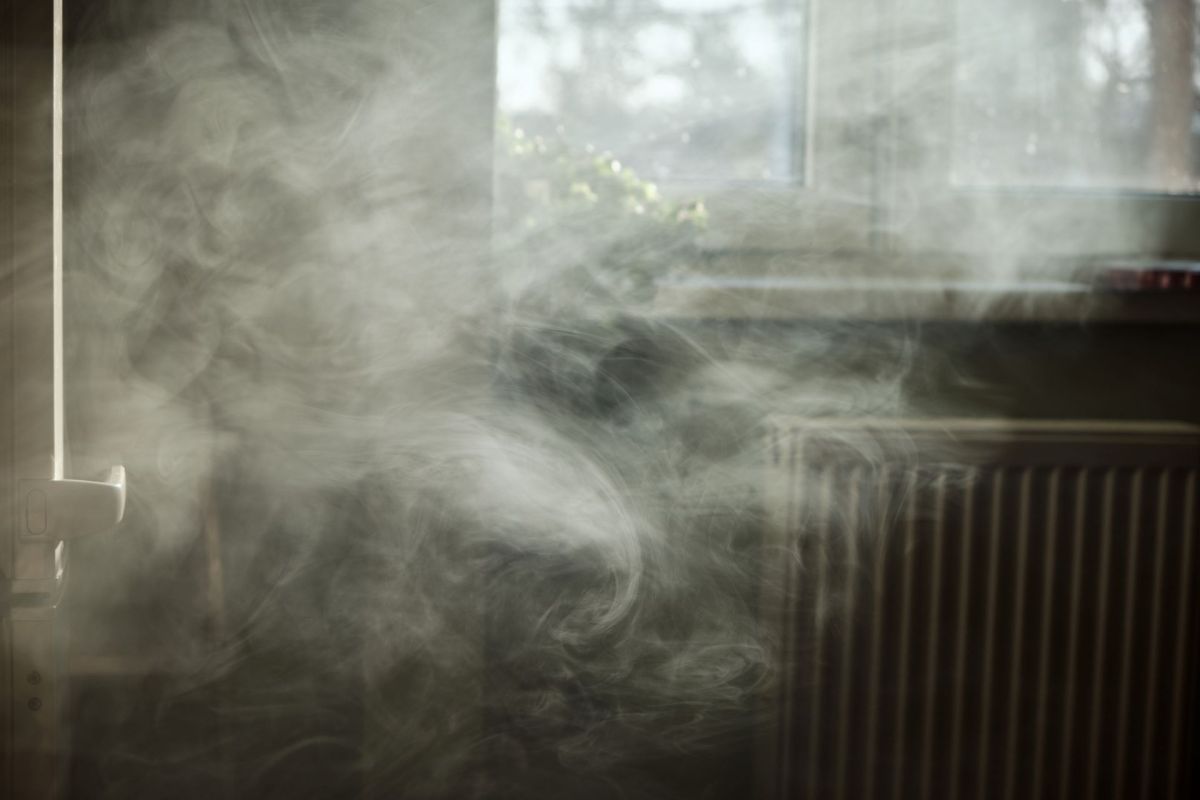A 2023 study found that gas-powered appliances can increase the levels of the chemical benzene, a known cancer-causing agent found in cigarette smoke, inside the home.
According to the Stanford-led study, which was published in Environmental Science & Technology, "indoor concentrations of benzene formed in the flames of gas stoves can be worse than average concentrations from secondhand smoke," as a news release about the study explained.
What's happening?
While lawmakers, experts, and just about everyone else debate potential bans on gas stoves, consumers may want to block out the noise and consider switching to electric sooner rather than later.
Not only can energy-efficient electric appliances save homeowners a ton of money on their monthly energy bills, these appliances can also improve the air quality inside homes and mitigate potential health issues, especially among young children. Plus, with new tax breaks, these high-end appliances may be available at steeply discounted rates.
One of the main concerns with gas appliances is the release of benzene, which has been linked to childhood asthma as well as a higher risk of some cancers such as leukemia, the American Cancer Society warns. Benzene is a flammable liquid at room temperature that evaporates quickly into the air and is one of the most widely used chemicals in the U.S., found in plastics, detergents, pesticides, gasoline, cigarette smoke, and more, according to the Centers for Disease Control and Prevention.
The Stanford University study examined 87 homes across California and Colorado using methane gas and propane combustion to determine average benzene levels in kitchens and bedrooms.
The research showed indoor concentrations well above recommended health benchmarks in some homes even after the appliances were turned off, reducing indoor air quality and raising the risk of developing health conditions over time.
In 29% of a subset of the cases examined, the study found that "a single gas burner on high or an oven set to 350 degrees Fahrenheit raised kitchen benzene concentrations above the upper range of indoor benzene concentrations attributable to secondhand tobacco smoke."
Why are these findings concerning?
"If you're breathing in benzene you're at an elevated risk [of cancer]," Yannai Kashtan, the study's lead author, told the Hill.
The new research is reportedly the first to record benzene pollution while the gas appliance is in use, showing benzene rates hundreds of times higher than in previous studies that concentrated on unburned gas leaking into homes.
TCD Picks » Upway Spotlight

In addition to poorer indoor air quality and an increased risk of health concerns, the harmful pollution from burning gas also contributes to the overheating of our planet, which causes more severe weather events that threaten our homes and health even more.
What can I do to protect my home and health?
If you currently use a gas appliance, examine ventilation systems in your home to ensure optimal functioning. Making the switch to an electric or induction stove and encouraging others to do the same can help reduce exposure to harmful chemicals like benzene.
Advocating for science-based regulations and more incentives for adopting clean energy solutions may further reduce the impacts of burning gas and the harmful effects of the polluting chemicals they release.
Join our free newsletter for easy tips to save more, waste less, and help yourself while helping the planet.














